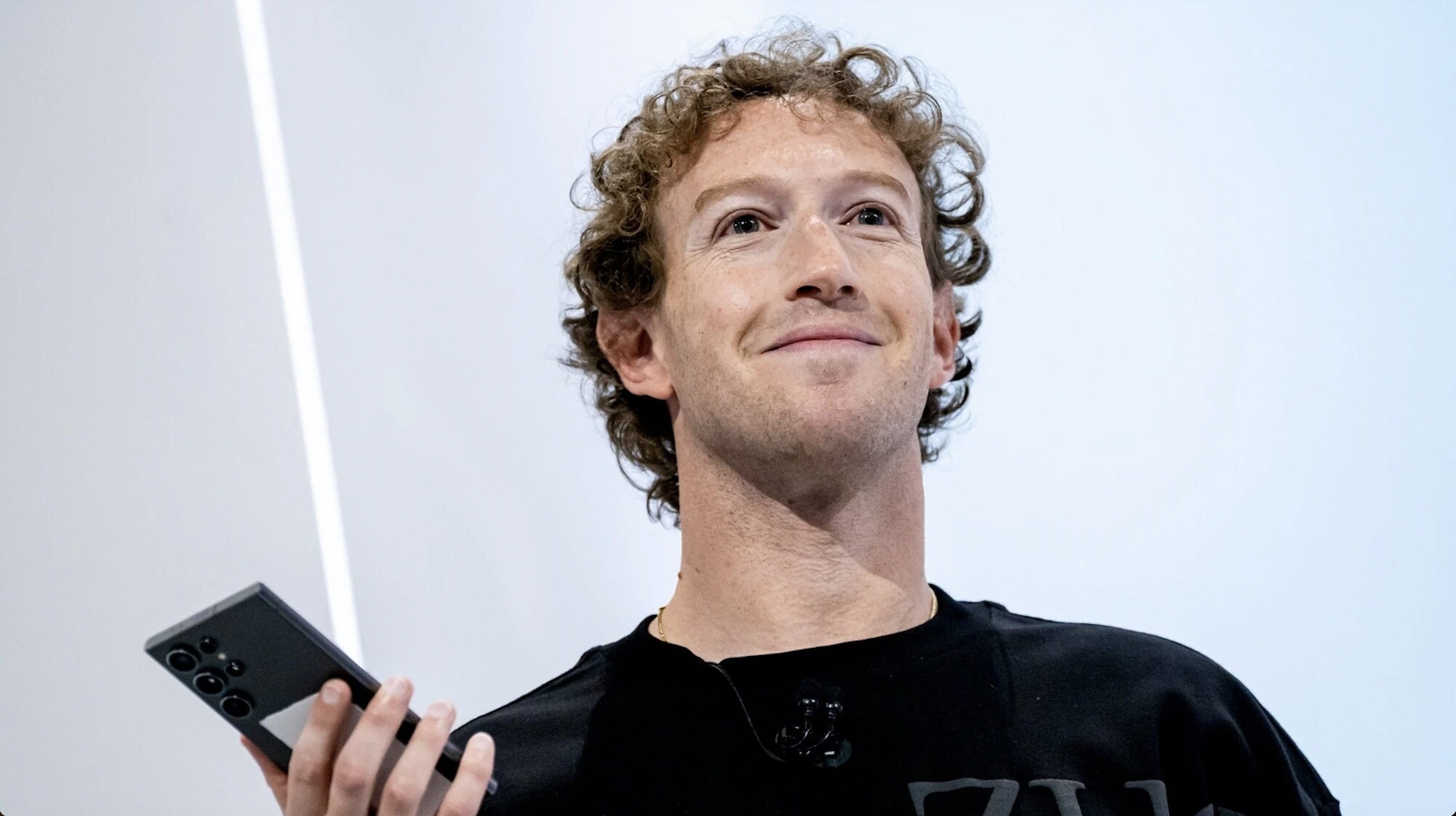In a move that’s sure to stir debate, Meta has scrapped its third-party fact-checking program on Facebook and Instagram, opting instead for a “community notes” feature. The timing? Just days before President-elect Donald Trump is set to return to the White House.
Shifting to ‘community notes’
Meta CEO Mark Zuckerberg announced the change on Tuesday, saying it marked a return to the company’s roots of promoting free expression. “The legacy media, after Trump’s first election in 2016, labelled misinformation as a threat to democracy,” he said. “We tried to address this in good faith, but fact-checkers have proven too politically biased, creating more distrust than trust.”
The community notes system will rely on users to provide context and alternative perspectives on flagged posts. Meta claims this will prevent the biased moderation issues that plagued its fact-checking program, where independent contractors assessed content.
Reducing censorship
Zuckerberg cited concerns that fact-checking had stifled political debate, particularly during Trump’s first term. “Even if only 1% of posts are mistakenly censored, that’s millions of voices silenced,” he said. Meta will also loosen restrictions on topics like immigration and gender identity, which were tightened in 2021.
The company’s trust and safety teams, which oversee content policies, will relocate from California to Texas to address bias concerns. “We believe moving to a region with less cultural bias will help rebuild trust,” Zuckerberg explained.
Political implications
The change has raised eyebrows, with critics accusing Meta of pandering to the incoming Trump administration. Ava Lee from advocacy group Global Witness said the decision prioritises political interests over responsibility. “This is a blatant attempt to cosy up to Trump. Meta is abandoning its duty to tackle hate speech and misinformation,” she said.
Trump, meanwhile, has welcomed the shift. “It’s a step in the right direction,” he said at a press conference. Asked if the change was prompted by his previous criticism of Meta, he replied, “Probably.”
A new chapter for moderation
Meta’s announcement comes as other tech companies, like Elon Musk’s X, roll back content moderation in favour of free speech. While this move is limited to the US for now, it signals a broader shift in how tech giants manage harmful content.
Whether this gamble pays off or invites fresh criticism, one thing is certain: Meta’s decision is a major shift that will impact how information flows in the lead-up to Trump’s second term.
